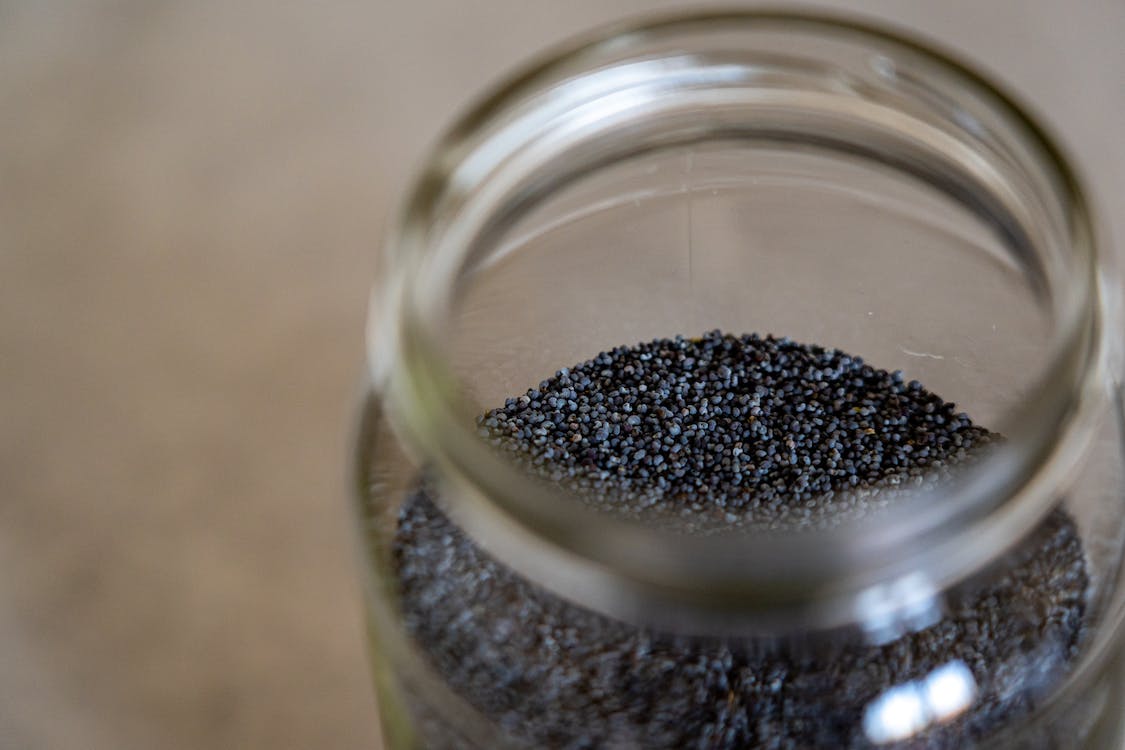
Black Seed is an Herb Used to Increase Milk Production
|
3 min
|
3 min
Black seed(Nigella sativa) is a flowering plant from parts of Eastern Europe and Western Asia. It is part of the family Ranunculaceae and is an annual with light blue or white flowers. (1) The name Nigella comes from the Latin word “niger'' meaning “black”, representative of the color of the seeds. The word Sativa means “cultivated”. The earliest evidence of Black seed is from ancient Egypt, dating back three millennia, and anthropologists found seeds from the second millennium BC in Turkey. (2) The Nigella sativa plant grows up to 3 feet tall and has fruit pods filled with tiny black seeds.
*There is another plant also called black cumin, Bunium bulbocastanum, but that is a different plant. The one we are focusing on is Nigella sativa.
The prophet Mohammed declared black seed “healing for all diseases except death” and has a long history of use as a natural medicine. Dating back to the 1st century A.D., it was used as a digestive remedy and even an ingredient in a remedy for snake bites.
It is widely used today in many areas of the world for the following: (3)
Hypothyroidism is a common endocrine dysfunction that can create complications, including difficulty conceiving, miscarriage, and low milk supply. Black seed is an effective herb for use before pregnancy and during breastfeeding.
Pump Princess from Legendairy Milk
contains Black seed to support lactation and increase milk supply. Along with other herbs, Pump Princess encourages prolactin release for more milk production and milk flow. Mothers with thyroid imbalance, PCOS, or insulin resistance may benefit from Black seed in Pump Princess.
Because of its antioxidant properties, it can be beneficial for some fertility issues. It has been shown to help regulate hormone levels for people with hypothyroidism. It appears to raise T3 and T4 levels and lower TSH. (7)
During the postpartum period, people with thyroid imbalance can have symptoms such as excessive hair loss, trouble losing weight, low milk supply, hoarseness, fatigue, muscle weakness, constipation, and sensitivity to cold. Getting bloodwork done to detect hormone levels that are low or elevated gives information about how to support your body best. Work with an IBCLC who has experience in this area as part of your care team if you are experiencing symptoms like low milk supply affecting breastfeeding.
Black seed is also beneficial for insulin resistance. Insulin plays a vital role in lactation. Glands that make milk become insulin sensitive during lactation and can affect the amount of milk able to be made. (8)
Because black seed helps regulate blood sugar and increase insulin sensitivity, it may help your breasts refill with milk faster. Over 24 hours, if your milk refill rate increases, you will make more milk altogether.
In animal studies, Black seed has been shown to increase prolactin, the key hormone responsible for milk production. More milk being removed signals the body to keep producing even more milk.
Black seed (Nigella sativa) is a plant with a rich history of use as a natural medicine. It has been used for various ailments such as indigestion, pain during menstruation, diabetes management, and respiratory illnesses. It is also beneficial for increasing milk supply during breastfeeding and has been shown to increase prolactin levels in animal studies. Black seed is a rich source of various nutrients such as calcium, iron, and fatty acids. However, caution should be taken as it can cause stomach upset and lower blood sugar levels. It is always best to consult with a healthcare provider before taking any supplement or herb. You can see if Black seed benefits you with the Legendairy Milk lactation supplement Pump Princess.